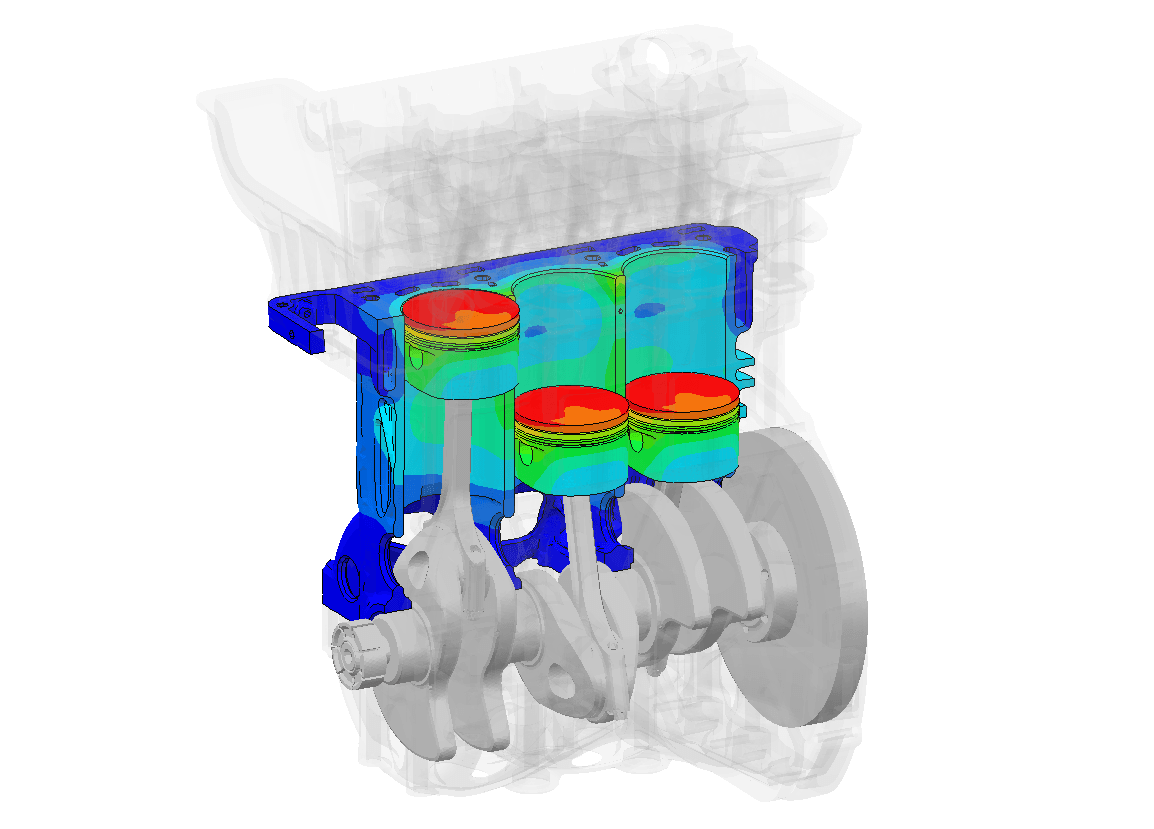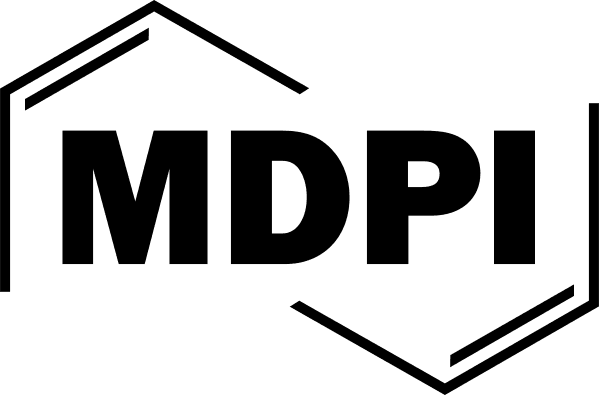
Delivering Thermally Efficient IC Engines


Delivering Thermally Efficient IC Engines
Reducing emissions and the carbon footprint of our society have become imperatives requiring the automotive industry to adapt and develop technologies to strive for a cleaner sustainable transport system and for sustainable economic prosperity. Electrified HEV, PHEV and range extender powertrains present challenges in terms of thermal management due to the different load conditions that a hybrid ICE will experience compared with a conventional powertrain. In addition, the market is driving a significantly shortened development cycle emphasising the importance of using analytical methods to optimise systems instead of relying on costly physical development programmes. A key requirement for meeting these challenges is to accurately predict the thermal loading and temperatures of an IC engine quickly under multiple full and part load conditions, both as a steady state and as a transient. Accurate prediction of temperatures is essential to meet the challenges of:
- Managing thermal warm up
- Minimising friction and oil consumption to meet ever-challenging emission targets
- Reducing noise, vibration and harshness (NVH)
This webinar hosted by engineering.com presents how Ricardo meets these challenges through virtual product development enabling the optimisation of these key attributes both at a component and system level.
Realis Simulation, formerly Ricardo Software.
Our insights


Biofuel Concentration in Low-Speed Pre-Ignition in Gasoline Engines
Technical Paper